Equip yourself with essential knowledge for a safe and rewarding solo adventure off the grid, where preparation and awareness are key.

Ready to embrace the thrill of going off-grid alone? Solo adventures in remote areas can be empowering and transformative but require careful preparation. Venturing into the wilderness means relying on your skills and resources without the comforts of connectivity. Whether it’s navigation, safety, or essentials, knowing what to expect can make all the difference.
Here are nine essential tips every solo traveler should know to make their off-grid experience safe, memorable, and rewarding.
1. Plan Your Route Thoroughly
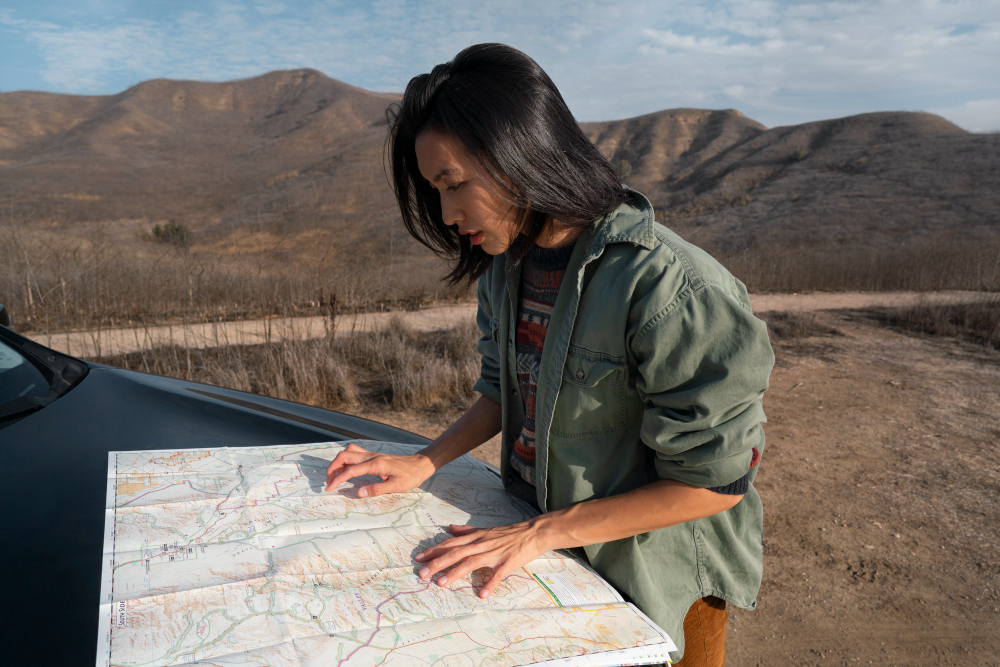
Before heading off-grid, map out your route in detail, including checkpoints, nearby towns, and emergency shelters. Having a clear idea of your path helps prevent getting lost and gives you a backup plan in case of unexpected detours. Bring a physical map and a compass, as GPS can be unreliable in remote areas. A well-planned route ensures you stay on track and provides peace of mind, especially when traveling solo without cell service.
2. Inform Someone of Your Plans

Always let someone know your itinerary, including your expected route, key stops, and return date. This can be a friend, family member, or even local authorities. Check-in with them before you go off-grid and set a timeframe for when you’ll check back in. If something goes wrong, having someone aware of your plans increases the chances of getting help. Sharing your itinerary is a simple but critical safety measure for solo travelers.
3. Pack a Reliable First Aid Kit
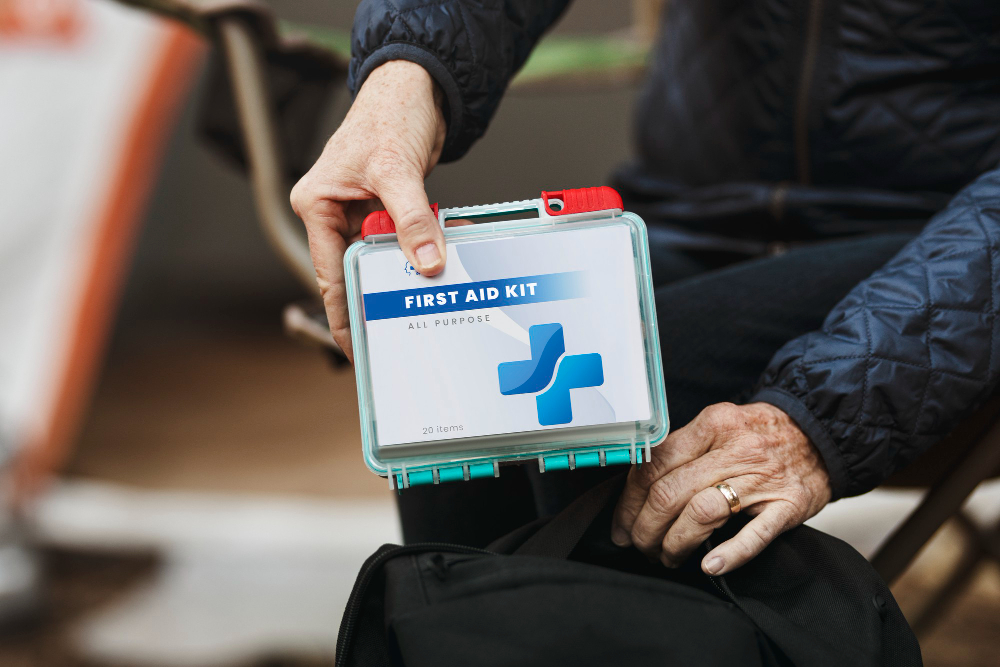
A first aid kit is essential when going off-grid, especially alone. Include basics like bandages, antiseptic wipes, pain relievers, and any personal medications you might need. In remote areas, even minor injuries can become serious if left untreated. Consider adding wilderness-specific items, such as a snakebite kit or a splint, depending on your destination. A well-stocked first aid kit allows you to handle minor injuries and buy time if you’re far from medical help.
4. Learn Basic Navigation Skills
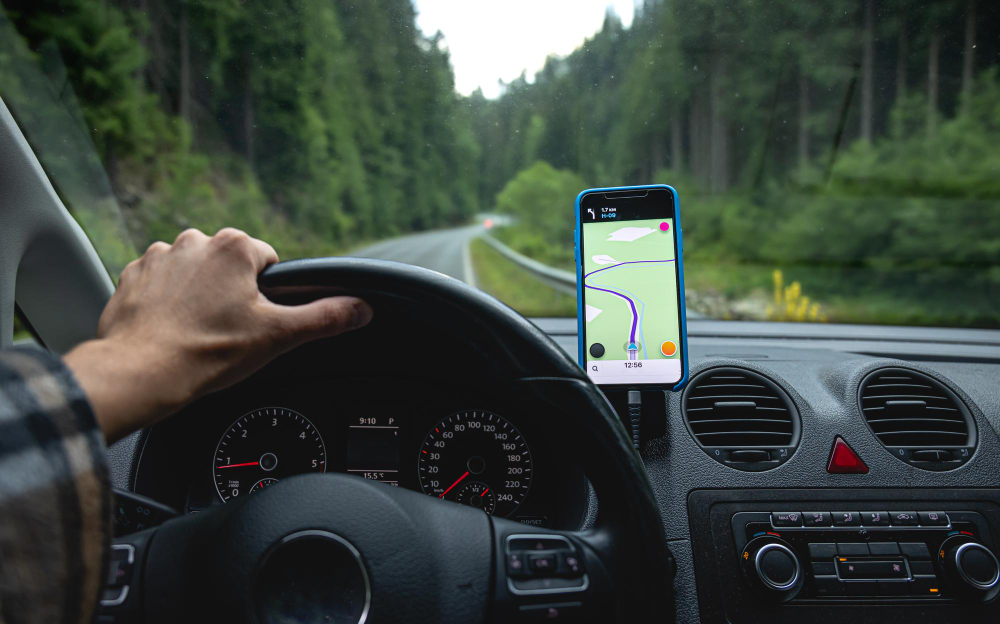
Knowing how to navigate without relying on GPS is crucial when traveling off-grid. Learn to read a map, use a compass, and identify landmarks to avoid getting lost. Practicing these skills ahead of time can make a huge difference in unfamiliar terrain. Consider taking a short orienteering course if you’re unfamiliar with basic navigation. Being able to find your way without technology ensures you can stay on track and confidently explore even the most remote areas.
5. Bring Extra Food and Water

When going off-grid, pack more food and water than you think you’ll need. Unexpected delays, harsh weather, or higher physical exertion can require extra sustenance. Choose non-perishable, high-energy foods like nuts, dried fruits, and energy bars. Bring a portable water filter or purification tablets as well, so you can safely drink from natural sources if you run out. Having ample food and water ensures you stay nourished and hydrated, even if your trip takes longer than expected.
6. Prepare for Extreme Weather Changes
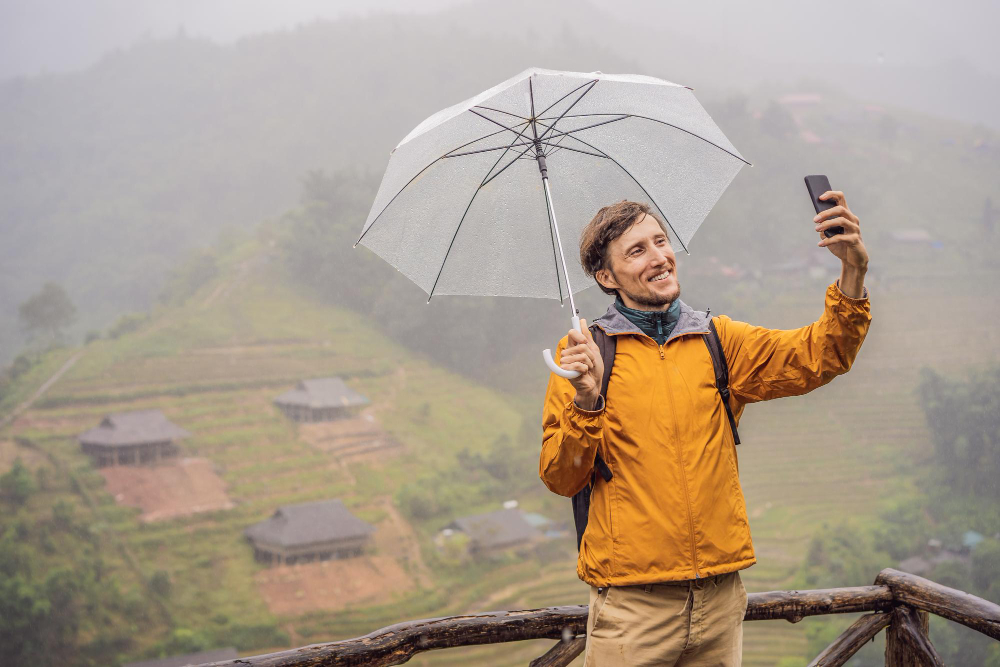
Weather in remote areas can be unpredictable, especially in mountains or deserts. Check the forecast but be prepared for sudden changes, such as rain, high winds, or temperature drops. Pack layers, waterproof gear, and protection from the sun, such as a hat and sunscreen. Being prepared for all conditions ensures you stay comfortable and safe, no matter the climate. Weather awareness is especially important when going off-grid, where help isn’t readily available.
7. Invest in a Personal Locator Beacon (PLB)

A personal locator beacon (PLB) or satellite communicator can be a lifesaver if you find yourself in trouble. These devices can send an emergency signal with your location, even when there’s no cell service. Some models also allow for limited text communication, which can be helpful in non-emergency situations. While PLBs are an investment, they provide peace of mind and can make all the difference in remote locations. It’s a valuable tool for solo travelers seeking adventure.
8. Know Basic Survival Skills
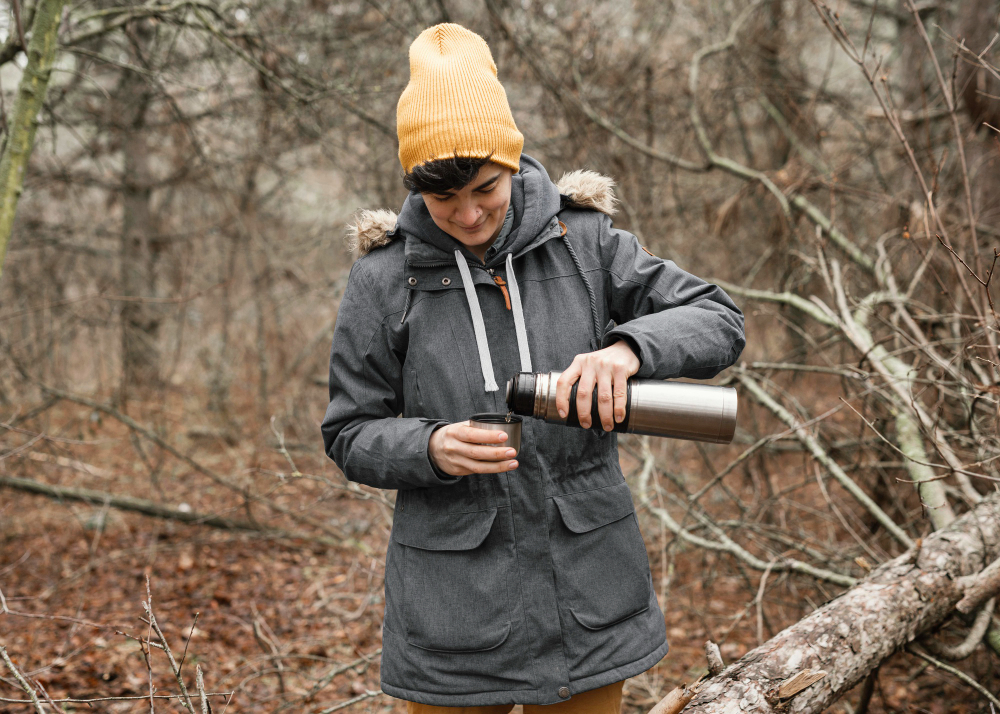
Understanding basic survival skills, such as buildng a shelter, finding water, and starting a fire, is invaluable when going off-grid. Even with thorough planning, unexpected events can occur, and having these skills can keep you safe until help arrives. Practice these skills beforehand to feel more confident and prepared. Survival knowledge not only enhances your off-grid experience but also provides you with the tools to handle any challenges you may encounter alone.
9. Trust Your Instincts and Stay Aware
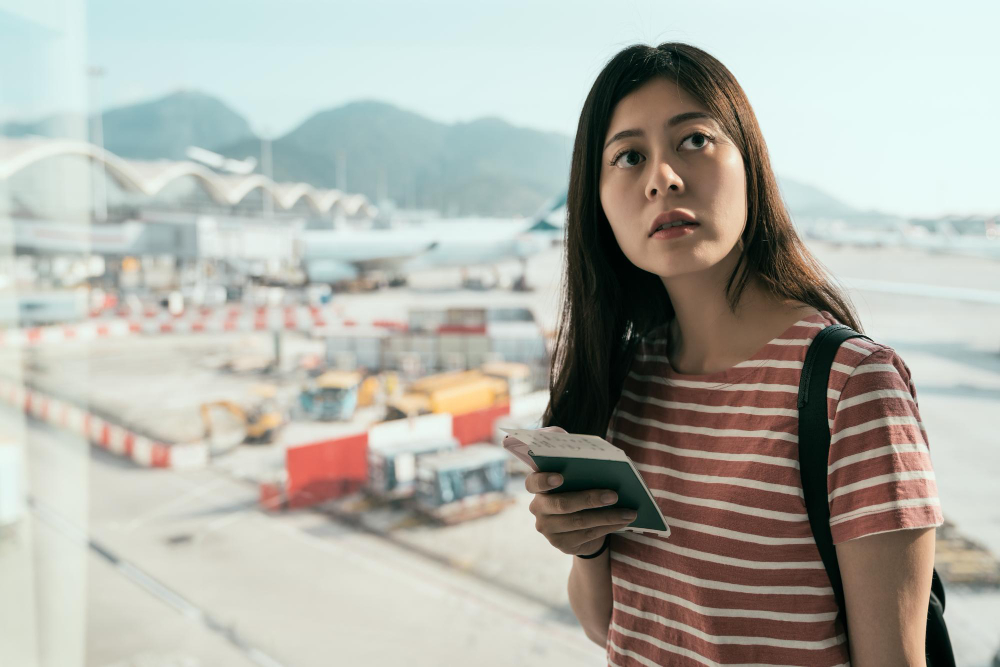
When traveling solo, especially off-grid, it’s important to trust your instincts and stay aware of your surroundings. Pay attention to signs of fatigue, changing weather, or unusual sounds. Don’t push yourself if something feels wrong—take breaks, assess the situation, and adjust your plans if necessary. Your intuition can be a powerful tool for staying safe. Staying aware helps you make sound decisions in challenging environments, ensuring a safe and fulfilling solo adventure.
